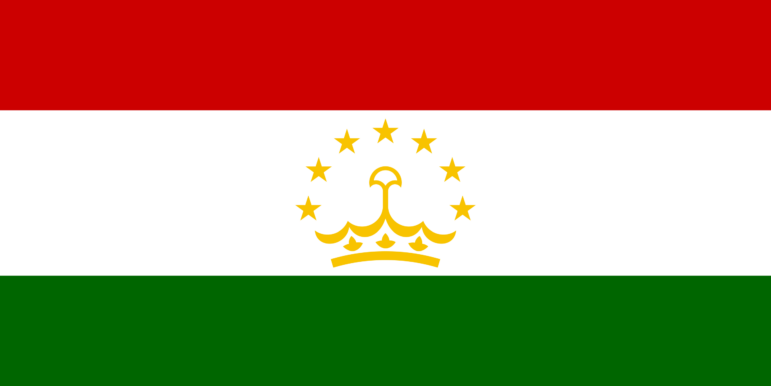TWH – There are several countries where witchcraft is illegal. Saudi Arabia is perhaps the most famous, where witchcraft is considered a serious crime, and those accused of it can face severe penalties, including the death penalty. Several countries in Africa also have stringent laws against the practice of Witchcraft.
Last week, Tajikistan became the latest country to expand penalties for witchcraft practices. The move appears intended to protect people who have become addicted to prayer and other practices, including, according to Tajik officials, Witchcraft and tarot readings.
In recent weeks, the campaign against witchcraft has intensified following the broadcast of several videos showing men and women “repenting” for conducting soothsaying and trying to earn money by offering “healing sessions” for disabled individuals.
The videos were circulated online, but their veracity is not clear. However, the Ministry of Internal Affairs of Tajikistan says they developed the videos, noting that the images were lawfully obtained and broadcast. The Ministry further noted that the videos comply with Tajikistan’s legal standards.
Radio Ozodi (part of the Radio Free Europe network) reported that the Ministry of Internal Affairs of Tajikistan released the videos “to improve the situation in society. ”
“It is not prohibited in the legislation either. If he is a minor, he did not show his face in order to further self-esteem and hopelessness in life for the safety of the child. This is not an insult to anyone. It is prevention, it will be an example for others not to engage in this work,” a Ministry official told Radio Ozodi.
The new criminal code fines individuals identified as sorcerers and fortune tellers up to 144,000 Tajikistan Somoni (TJS), or about US$13,500. A previous law passed in 2008 outlawed fortune telling with a fine of about 3,000 TJS, or about US$275.
As of February 2024, the average monthly wage in Tajikistan was 2,131.80 TJS. However, this figure can be misleading as it encompasses a wide range of salaries. Highly skilled workers or those employed by international companies can earn significantly more than the average, while low-skilled workers may earn less. As of November 2023, the minimum wage in Tajikistan was approximately 2,108 TJS per month.
The fine may also come with up to two years of prison time. The previous law recorded no jail time for practitioners.
Arrests have already been made.
The predominant religion in Tajikistan is Islam. About 90% to 95% of the population identifies as Sunni Muslim, and a smaller percentage, around 3%, adheres to Shia Islam, particularly the Ismaili branch. There are also small communities of other religious groups and communities, including Russian Orthodox Christians, Jews, and Baha’is, but they make up a very small percentage of the population.

Flag of Tajikistan
Nevertheless, many Tajiks continue to practice various forms of Asian witchcraft (often presumed to be imported from other countries such as Pakistan) and Zoroastrianism. The practice of folk magic is widespread enough that, in 2012, Tajik authorities raised taxes on fortune-telling services even though the practice was illegal.
Freedom of religion or the practice of no religion is secured by the Tajikistan constitution. The constitution states, “Religious associations shall be separate from the state and shall not interfere in state affairs.”
However, Islam plays a significant role in the cultural and social life of Tajikistan. Islam strongly condemns witchcraft and views it as a grave sin because it invokes supernatural forces other than Allah. Witchcraft is also believed to cause harm and spread corruption, both of which are against Islamic principles that emphasize justice and societal well-being, both of which are derived from Allah.
Freedom House, a non-governmental organization (NGO) based in the United States that conducts research and advocacy on democracy, political freedom, and human rights, scored Tajikistan in 2023 as “Not Free,” giving it 0/40 points on political rights and 7/60 on civil liberties. Freedom House wrote, “The authoritarian regime of President Emomali Rahmon, who has ruled since 1992, severely restricts political rights and civil liberties. The political opposition and independent media have been devastated by a sustained campaign of repression, and the government exerts tight control over religious expression and activity. Wealth and authority are concentrated in the hands of Rahmon and his family.”
Freedom House further noted that “The government imposes severe restrictions on religious freedom, in part by limiting religious activities to state-approved venues and registered organizations.”
The Wild Hunt is not responsible for links to external content.
To join a conversation on this post:
Visit our The Wild Hunt subreddit! Point your favorite browser to https://www.reddit.com/r/The_Wild_Hunt_News/, then click “JOIN”. Make sure to click the bell, too, to be notified of new articles posted to our subreddit.
